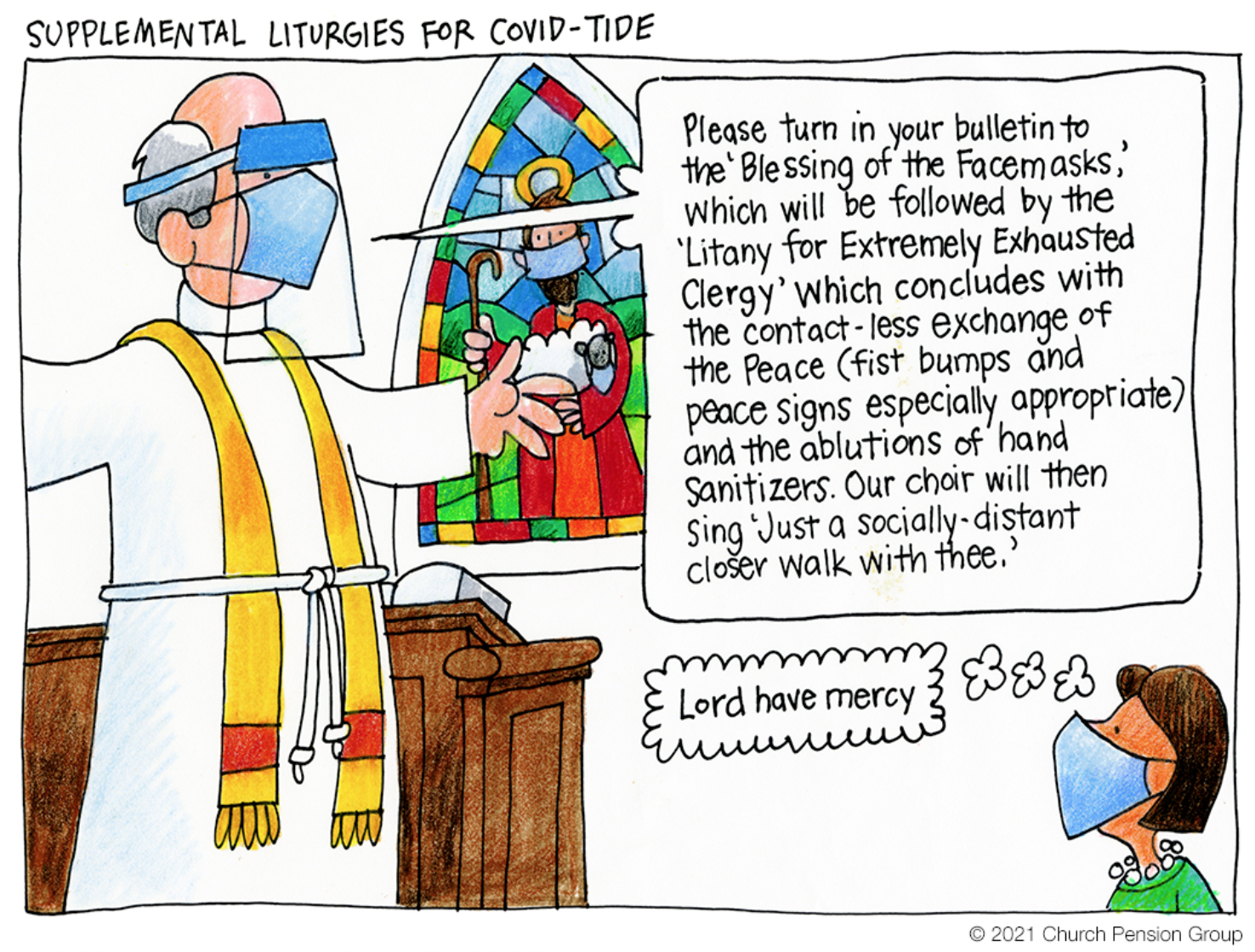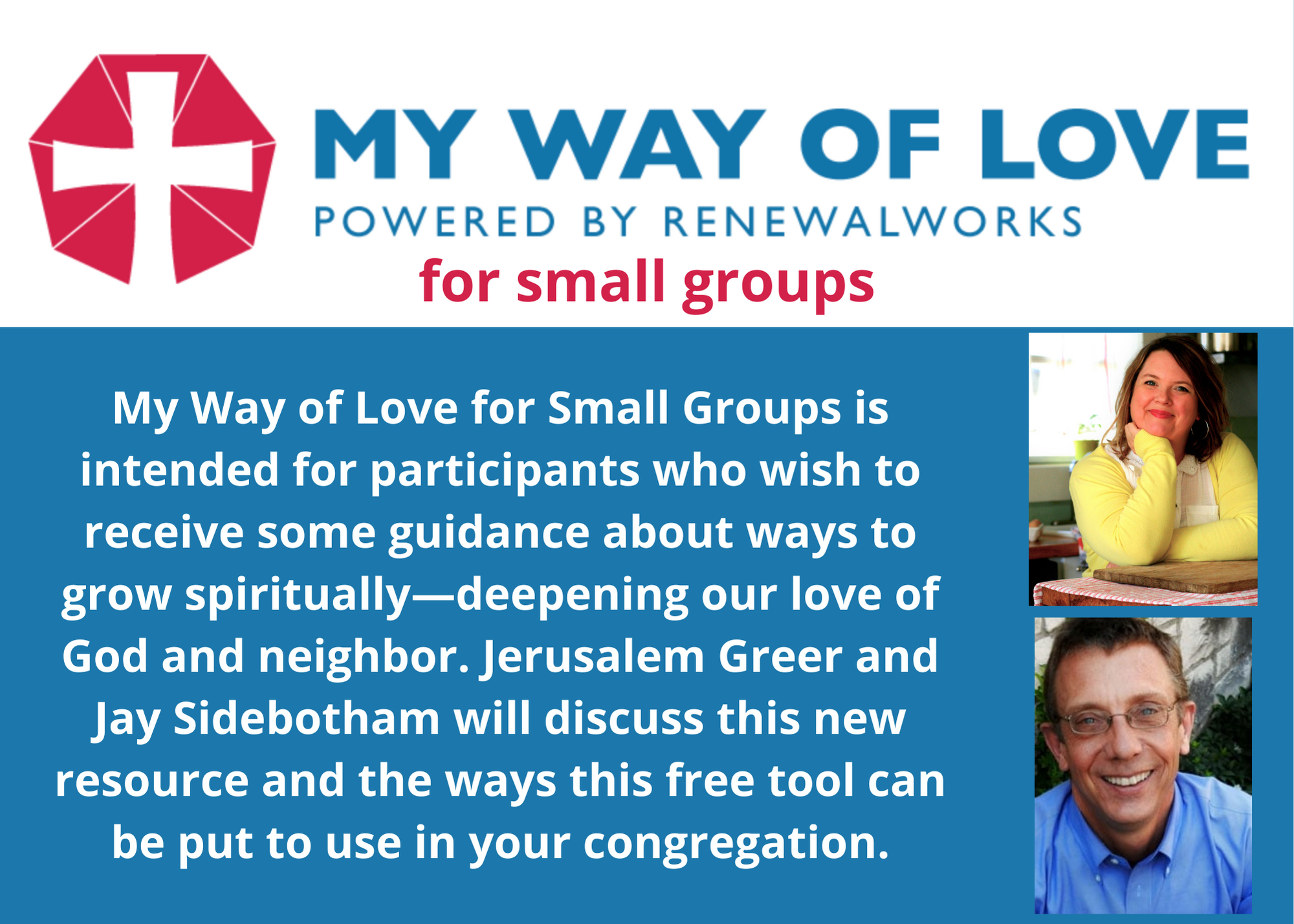
|
Luke 2:46-55: The Song of Mary
And Mary said, My soul magnifies the Lord, and my spirit rejoices in God my Savior, for he has looked with favor on the lowliness of his servant. Surely, from now on all generations will call me blessed; for the Mighty One has done great things for me, and holy is his name. His mercy is for those who fear him from generation to generation. He has shown strength with his arm; he has scattered the proud in the thoughts of their hearts. He has brought down the powerful from their thrones, and lifted up the lowly; he has filled the hungry with good things, and sent the rich away empty. He has helped his servant Israel, in remembrance of his mercy, according to the promise he made to our ancestors, to Abraham and to his descendants forever.
|
We interrupt the regularly scheduled programming (i.e., reflections on the Sermon on the Mount) to celebrate news of great joy which shall be to all people (i.e., the last days of Advent and the Christmas season. We’ll return in the new year to reflection on the Sermon on the Mount, when by way of coming attractions, the theme will be Jesus’ reflections on lust and adultery.Thought that might grab your attention.
With that in mind, let me pose this question for today:
What song do you sing?
What song are you singing this last week of Advent, as Christmas begins? Widening the lens, what song do you sing with your life? I’ve been told that you are what you eat. Let me suggest a corollary: You are what you sing. The fact is, everyone has a song. What does that distinctive song say about who you are, and what you hope to be?
The question is prompted by the music of this season, everything from holiday earworms (which we’ve been hearing since Labor Day) to the hopeful hymns of Advent to Christmas carols which in text and tune lift us to new appreciation of the wonders of God’s love. And a day after the Fourth Sunday of Advent, when the Magnificat was read in church, we think about Mary’s song, what it said about her, what it has to teach us.
Among the cast of characters in the Bible, Mary stands out as the one who heard God’s call and didn’t make excuses, or didn’t suggest that God had the wrong number. Don’t get me wrong, there’s plenty of perplexity and pondering with this young girl who gets unexpected news. But she responds with openness to God’s intention for her, a devotion that will span her life, taking her all the way to the foot of the cross and beyond, as she joins with the disciples after the resurrection. In that way, she serves a model for those of us who seek, however haltingly, to be part of the Jesus movement.
Think with me about the opening line of her song: My soul magnifies the Lord. What do you make of the use of the word: magnify? It is not to say that somehow Mary’s soul makes God greater, in the ways that a magnifying glass functions. Rather, I believe that what Mary is sharing is her own expanded vision of God’s greatness, a glimmer of the divine character that exceeds her previous imagination.
And what is the character of that greatness? It is the love that came down at Christmas, the love from which we can not be separated, higher and deeper and broader than the measure of the mind. She sees God’s greatness in God’s heart for the “least of these,’ in the feeding of hungry, in lifting up the lowly, in strengthening those who stand in need of such power. As Covid is resurgent, maybe that’s all of us. That holy greatness provides the content for the song she sings.
How about you? Ask yourself this week where you see the greatness of the Lord. The song you sing in this season may say a lot about who you are, about where you give your heart, about what God has to do with it. As you sing this song, it has the power to shape your relationship with God. As we sing our songs of praise for amazing grace, our identity is formed and we are drawn in to deeper relationship with God and with each other.
Music is in the air, for sure. Add to it your own song of praise, offering that song in word and thought and deed.
-Jay Sidebotham
Good Book Club to start 2022 with Exodus
Start the new year with a renewed spiritual practice of reading God’s Word. Forward Movement, with support from partners from around the Episcopal Church and Anglican Communion, will celebrate the time of Epiphany with a new round of the Good Book Club by reading the first half of the Book of Exodus.
Exodus recounts the journey of the Israelites from slavery to freedom. We hear the great stories of Moses, from his discovery by Pharaoh’s daughter on the bank of the river to the burning bush to his presentation of the Ten Commandments. Along the way, we encounter God’s covenant and explore the grand theme of redemption.
This year, we have a bonus time of scripture engagement: the Good Book Club will dive into the first twenty chapters of Exodus from Epiphany, January 6, to Shrove Tuesday, March 1. For those who want to keep reading, we’ll offer a daily reading guide and an overview of the second half of Exodus. That reading period will conclude on Easter.
The full schedule, including the list of daily readings is available at www.goodbookclub.org.
Sign up to receive updates on Exodus.
Joining the Good Book Club is easy: Open your Bible and start reading!




